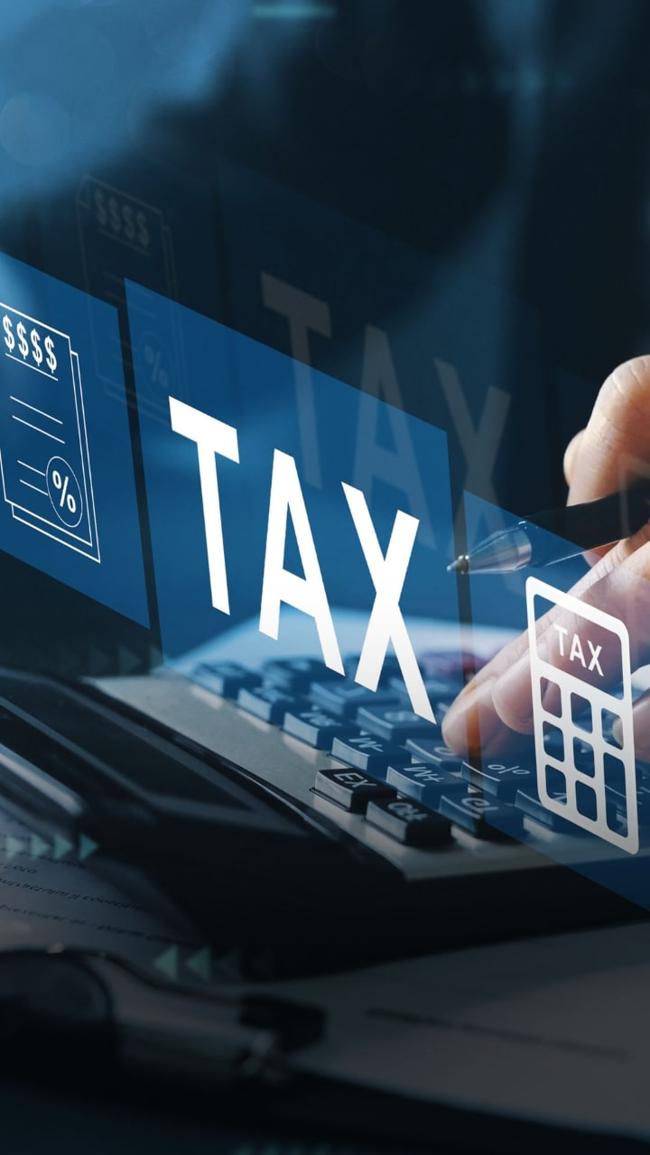Summary
Individuals earning up to Rs 12,00,000 per annum exempted from income tax; salaried taxpayers get additional Rs 75,000 standard deduction
Source: Business Standard

AI News Q&A (Free Content)
Q1: What are the key changes in the new tax regime introduced in India's Budget 2025?
A1: The Budget 2025 introduced a new tax regime that exempts individuals earning up to Rs 12 lakh annually from income tax. Additionally, it provides a Rs 75,000 standard deduction, effectively raising the exemption limit to Rs 12.75 lakh. The new regime also expands tax slabs, introducing a 25% slab for incomes between Rs 20 lakh and Rs 24 lakh.
Q2: How does the old tax regime compare to the new tax regime in terms of deductions and exemptions?
A2: The old tax regime allows for various deductions, such as up to Rs 2 lakh on the interest portion of home loans under Section 24. In contrast, the new tax regime offers a simplified tax structure with fewer deductions but higher exemption limits, making it potentially more attractive for those not utilizing existing tax-saving instruments.
Q3: How might the changes in the Budget 2025 impact middle-class taxpayers in India?
A3: The Budget 2025 changes are designed to appeal to middle-class taxpayers by increasing the tax-free income threshold and simplifying the tax structure. This could lead to more disposable income for middle-income earners, encouraging spending and economic growth.
Q4: What are the scholarly perspectives on the impact of personal income tax on consumer behavior?
A4: Scholarly perspectives suggest that personal income tax can significantly influence consumer behavior. Studies indicate that taxes like personal income tax or VAT can have ambiguous effects on consumer choices, as consumers often act irrationally, valuing what they already own more than potential gains. This inconsistency is explored through behavioral and neuroeconomics.
Q5: How do deductions and exemptions influence tax compliance according to recent scholarly articles?
A5: Recent scholarly articles using game theory suggest that tax compliance is influenced by the cost-benefit analysis of evading vs. complying. Deductions and specific VAT documented expenses can incentivize compliance by making tax evasion less profitable, thereby encouraging taxpayers to adhere to tax laws.
Q6: What challenges do taxpayers face when deciding between the old and new tax regimes?
A6: Taxpayers face challenges in evaluating which regime maximizes their tax savings. Those benefiting from significant deductions in the old regime may find it financially advantageous to remain there, while others may prefer the simplified approach of the new regime, which offers higher exemption limits but fewer deductions.
Q7: How do the Budget 2025 provisions for tax regimes reflect broader trends in personal finance management?
A7: The Budget 2025 provisions reflect a broader trend towards simplifying personal finance management by reducing complexities in the tax system. By elevating exemption limits and streamlining tax slabs, the government aims to enhance financial literacy and ease of compliance for taxpayers.
References:
- The Possible Effects of Personal Income Tax and Value Added Tax on Consumer Behaviors
- VAT Compliance Incentives





